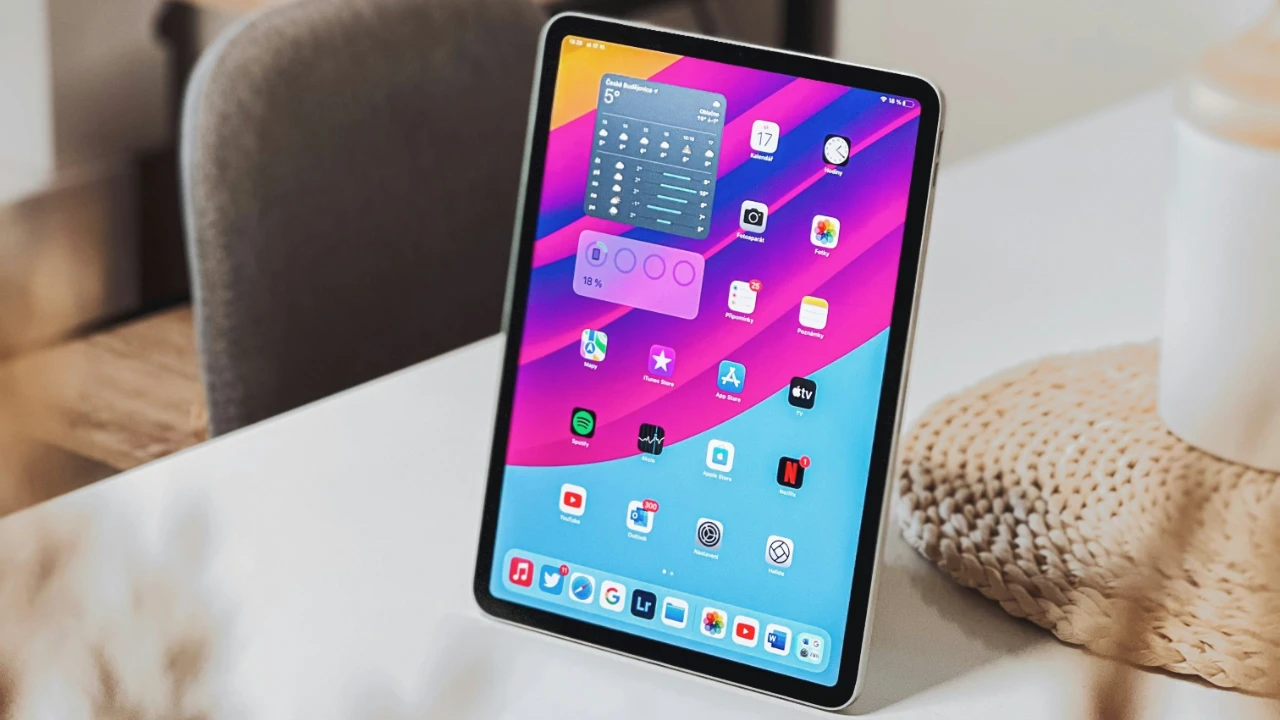
The iPad is a powerful tool for productivity and entertainment, but its battery life can sometimes leave something to be desired. With iOS 17, Apple has introduced some new features and optimizations, but there are still a ton of ways to stretch your battery usage further. This guide will delve into the best practices and settings to adjust in order to get the most out of your iPad’s battery.
1. Manage Screen Brightness and Settings
- Lower Brightness: Your display is one of the biggest battery consumers. Reduce the brightness to a comfortable level by swiping down for Control Center and adjusting the slider.
- Auto-Brightness: Enable this feature (Settings > General > Accessibility > Display Accommodations) to let your iPad automatically adjust brightness based on ambient light, saving battery.
- Reduce Auto-Lock Time: Go to Settings > Display & Brightness > Auto-Lock and choose a shorter duration to turn off your screen faster when inactive.
2. Background App Refresh Control
- Restrict Background Activity: Limit apps that refresh data in the background. In Settings > General > Background App Refresh, turn it off entirely, or selectively for power-hungry apps.
- Location Services: Apps using your location constantly drain power. In Settings > Privacy & Security > Location Services, adjust settings to “While Using the App” or “Never” for non-essential apps.
3. Optimize Notifications and Connectivity
- Selective Notifications: Disable notifications for apps you don’t use frequently (Settings > Notifications).
- Manage Wireless: Turn off Wi-Fi and Bluetooth when not needed (Control Center or Settings > Wi-Fi / Bluetooth). Use Airplane Mode if you won’t need any connectivity for a while.
4. Software Updates and App Management
- Latest iOS 17 Updates: Install the latest iOS 17 updates as they often contain battery optimizations and bug fixes.
- Update Apps: Outdated apps can be inefficient. Keep your apps updated via the App Store.
- Delete Unused Apps: Free up space and potentially remove background processes by deleting apps you rarely use.
5. Identify Battery-Hungry Apps
- Battery Usage Statistics: Check Settings > Battery to see which apps consume the most power. Consider alternatives or restrict their usage if excessive.
6. Additional Tips
- Low Power Mode: Enable this powerhouse setting (Settings > Battery) to temporarily reduce background activity and extend battery life.
- Avoid Extreme Temperatures: Keep your iPad away from extreme heat or cold, which can negatively affect battery health.
- Close Unnecessary Apps: Double-tap the Home Button (or swipe up and pause for models without one) and swipe up on apps to fully close them.
7. Troubleshooting and Battery Health
- Restart: A simple restart can sometimes resolve temporary software glitches that drain the battery.
- Battery Health: In Settings > Battery > Battery Health, monitor your battery’s overall condition. If the Maximum Capacity is significantly low, it might be time for battery replacement.
Conclusion
By following these tips and adopting good battery habits, you’ll significantly improve your iPad’s battery life on iOS 17. Experiment to find the right balance between features and longevity that suits your specific needs.
Image Credit: David Švihovec
Filed Under: Apple, Apple iPad, Guides
Latest timeswonderful Deals
Disclosure: Some of our articles include affiliate links. If you buy something through one of these links, timeswonderful may earn an affiliate commission. Learn about our Disclosure Policy.

